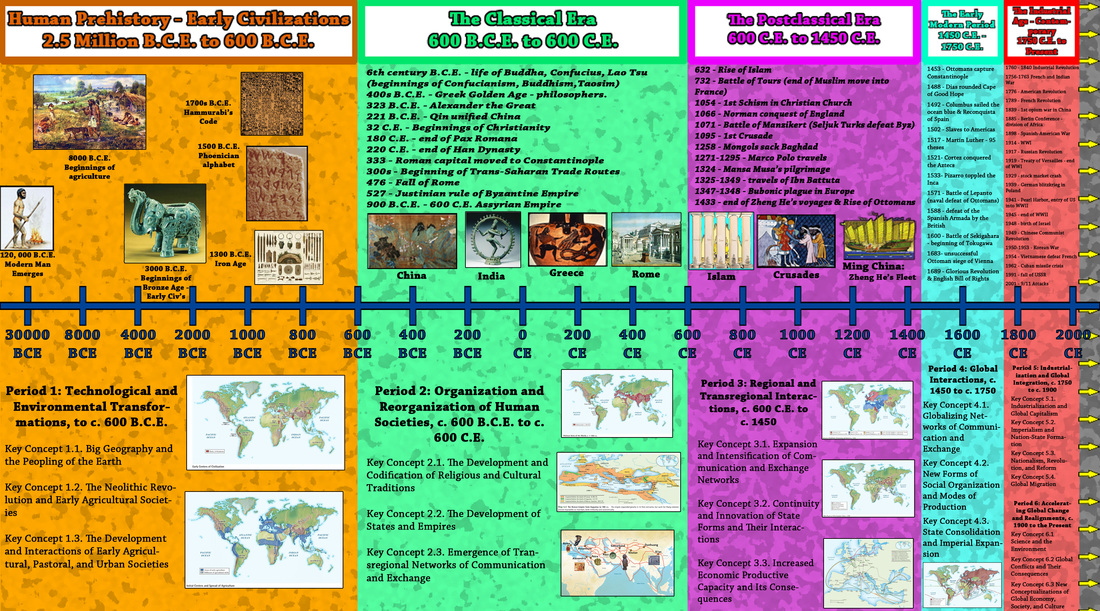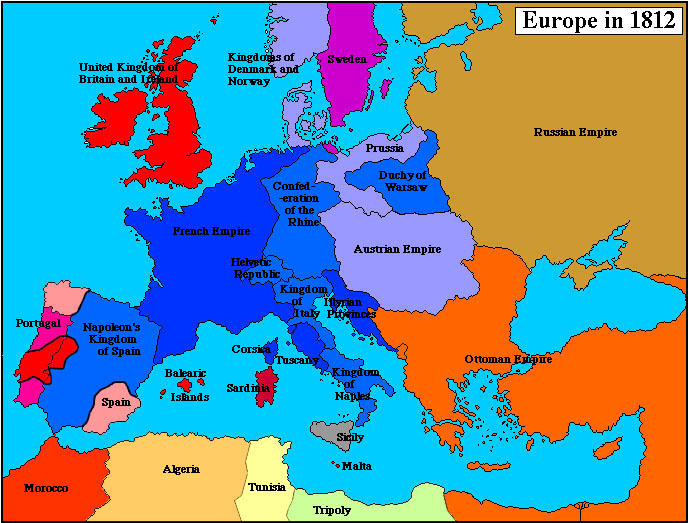



University General Education Requirements Requirements For additional information, see the university Undergraduate General Education Requirements section of the Guide. Consult your advisor for assistance, as needed. Various schools and colleges will have requirements in addition to the requirements listed below.

This core establishes a foundation for living a productive life, being a citizen of the world, appreciating aesthetic values, and engaging in lifelong learning in a continually changing world. University General Education RequirementsĪll undergraduate students at the University of Wisconsin–Madison are required to fulfill a minimum set of common university general education requirements to ensure that every graduate acquires the essential core of an undergraduate education. College of Letters & Science Degree Requirements: Bachelor of Arts (B.A.).University General Education Requirements.The history advising team is happy to discuss ways for you to make your intellectual and career goals work as part of a four-year plan. In addition to these, some of the most common certificates for history majors are currently: criminal justice, global health, European studies, and digital studies. History majors can also choose to add certificates in L&S or from outside the college, such as the certificates in business or education and educational services. Majors that students most frequently pair with history are: economics, English, environmental studies, journalism, and political science. The history major can also be combined with any other major in the college of Letters & Science (L&S), anything from astronomy to zoology.
#European civilization coursenotes professional
History majors who are unsure of their careers can get great advice from our engaged alumni, who serve as career mentors, and by taking HISTORY 300 History at Work: Professional Skills of the Major (see the Advising and Careers tab for more information). The skills that history majors develop are used in a wide range of careers and prepare students for graduate or professional study in fields such as law, business, medicine, public policy and much more. The history major at UW–Madison is a great option for people who are interested in studying change. History asks, “How did the world get to be this way?” and “What factors might influence where the world is heading now?” Studying history helps us understand and grapple with complex questions and dilemmas by examining how the past has shaped-and continues to shape-global, national, and local relationships between societies and people. Are you interested in technology? Religion? The environment? Human rights? If you have a question, history can help you find an answer. History is so much more than memorizing names and dates. 3211 Mosse Humanities Building, 455 North Park Street, Madison, WI 53706 60 Why Study History at UW–Madison?


 0 kommentar(er)
0 kommentar(er)
